This study analyzes the religious mentality, commercial practices, and social composition of Roman trade society at the celebrated Hellenistic Greek, Roman Republican emporium of Delos, 166-87 B.C. The remains of this site date largely to the late second and early first centuries B.C., when Delos was the nerve center of the trans-Mediterranean luxury and slave trade of Roman Italy. Repeated military assaults be-tween 87 and 69 B.C. de-stroyed the community and its trade importance declined. But as an archaeological site it offers the earliest and most detailed remains of a Roman trade community to survive anywhere in the Mediterranean world, including the city of Rome itself. This study marks the first re-assessment and interpretation of these remains from the vantage point of Roman trade in more than seventy years. Among the subjects discussed are the religious character of the remains of Delian marketplaces and their likely commercial function; the role of oaths and, more particularly, of the gods, Mercury and Hercules, in Roman commerce; the tendency of Roman traders to organize themselves according to religious fraternities and the manner in which this enhanced trade activities such as finance; the social status of these traders in wider Roman society as reflected by their house remains; and, finally the identity of the mysterious Agora of the Italians.
Hinweis: Dieser Artikel kann nur an eine deutsche Lieferadresse ausgeliefert werden.
Hinweis: Dieser Artikel kann nur an eine deutsche Lieferadresse ausgeliefert werden.

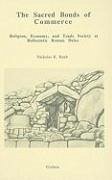
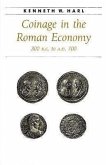
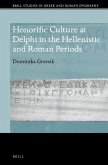
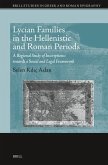
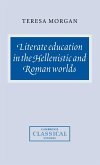
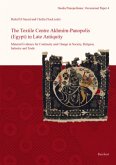
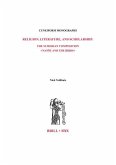
![IV. Biography and Antiquarian Literature A. Biography. Fascicle 5. the First Century BC and Hellenistic Authors of Uncertain Date [Nos. 1035-1045] IV. Biography and Antiquarian Literature A. Biography. Fascicle 5. the First Century BC and Hellenistic Authors of Uncertain Date [Nos. 1035-1045]](https://bilder.buecher.de/produkte/61/61598/61598787m.jpg)